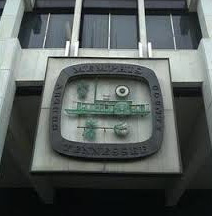For all the ballyhoo, emailed appeals for more cash, and intensified public rhetoric of recent days, the known world will exist in more or less its usual form after the electon results of this week are digested.
There are more election matters to be decided, for one thing: Someone will have to succeed the late state Representative Ron Lollar as the Republican nominee for state House District 99 on the November ballot. Lollar’s death occurred after the ballot was irrevocably composed, but on August 6th, a GOP caucus will meet to name a successor to run in November against Democratic nominee David Cambron.
The caucus will be made up of the members of the Shelby County Republican Committee who represent District 99. Those are current GOP chair Lee Mills, Mills’ wife Amber Mills, Becky Parsons, and Kenny Crenshaw. Among those interested in becoming the District 99 nominee are chairman Mills himself; Bartlett alderman David Parsons (husband of Becky Parsons); Lakeland Mayor Wyatt Bunker; and County Commissioner David Reaves.
For obvious arithmetical reasons, Lee Mills would seem to have an edge. The chairman has already cleared a prospective leave of absence with FedEx, for whom he is a pilot.
• Still unresolved, too, is the matter of whether residents of three City Council districts in Memphis will have a chance to vote on replacing any of three council members who may have been elected to county positions this week. The three are Bill Morrison of District 1, candidate for Probate Court Clerk; Edmund Ford Jr. of District 6, candidate for the County Commission; and Janis Fullilove of Super District 8, Position 2, candidate for Juvenile Court Clerk.
There had been, as of this week, no definitive answer as to when any of the three, if victorious in their county races, would formally resign their council positions. They could resign immediately upon election to their new posts, but the county charter allows them to retain their current position for as long as 90 days. If they should stay on the council for the entirety of their allotted time, there would be no opportunity to schedule a special election on the November ballot.
 Jackson Baker
Jackson Baker
Janis Fullilove advocating for IRV.
What several local activists fear is that the dominant council faction, which has close ties to the city’s business elite and whose members tend to vote as a bloc, would relish the opportunity to skirt the election process and appoint the successors to any or all of the vacated positions.
Uncertainty on the point has been whetted by the claim of council Chairman Berlin Boyd, a member of the dominant faction, that the city charter does not allow for a replacement election on a November ballot. Council attorney Allan Wade apparently backs Boyd on the issue.The activist group cites charter language specifically licensing a potential November election for the purpose, and the matter is further complicated by ambivalence as to the post-election intentions on the part of the three council members whose seats would be in question.
While continuing to keep her own counsel on the resignation matter, candidate Fullilove did choose, weekend before last, to make a public break from her council mates on another matter — the referendum scheduled by the council for November that, if successful, would repudiate an earlier 2008 referendum enabling Ranked Choice Voting (aka Instant Runoff Voting), a process that Election Administrator Linda Phillips had scheduled for the 2019 city election.
Fullilove’s statement: “Back in 2008, as a charter commission member, I voted to support Instant Runoff Voting. I also supported it during the 2008 referendum Campaign, when 71 percent of Memphians voted for it. That was a good idea then, and it’s a good idea now. Last fall, I deferred to some of my colleagues on the city council who expressed concerns about IRV. But I have rethought my position. The people have already voted for this. We ought to give it a try. So I am … announcing my support for instant runoff voting and my opposition to any attempt at repeal. I call on my council colleagues to take both IRV referenda off the November ballot. Thank you.”
So far, there have been no takers on Fullilove’s request, and the referendum still stands. But chalk up at least a partial victory for the activist group, Save IRV Memphis, many of whose members have doubled up on the lobby process concerning the resignation matter.
 Memphis City Council
Memphis City Council 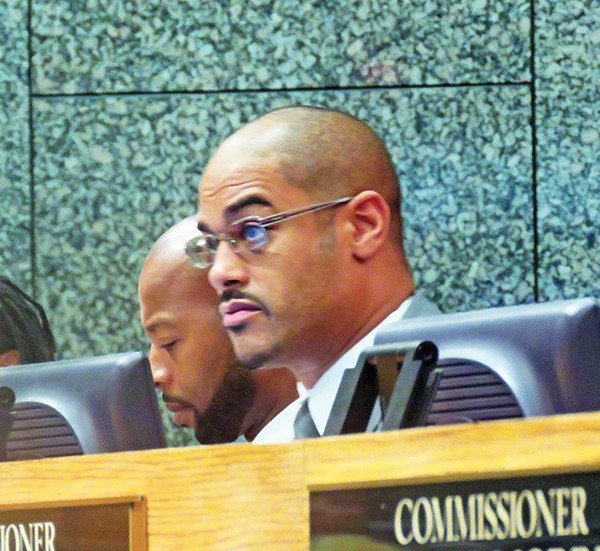
 Jackson Baker
Jackson Baker 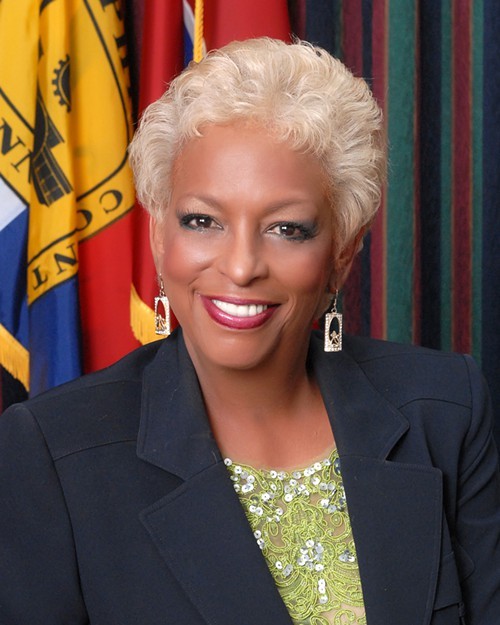
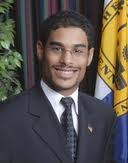
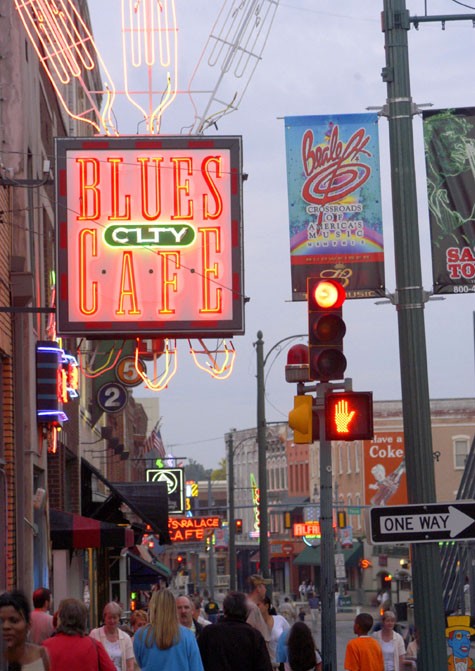
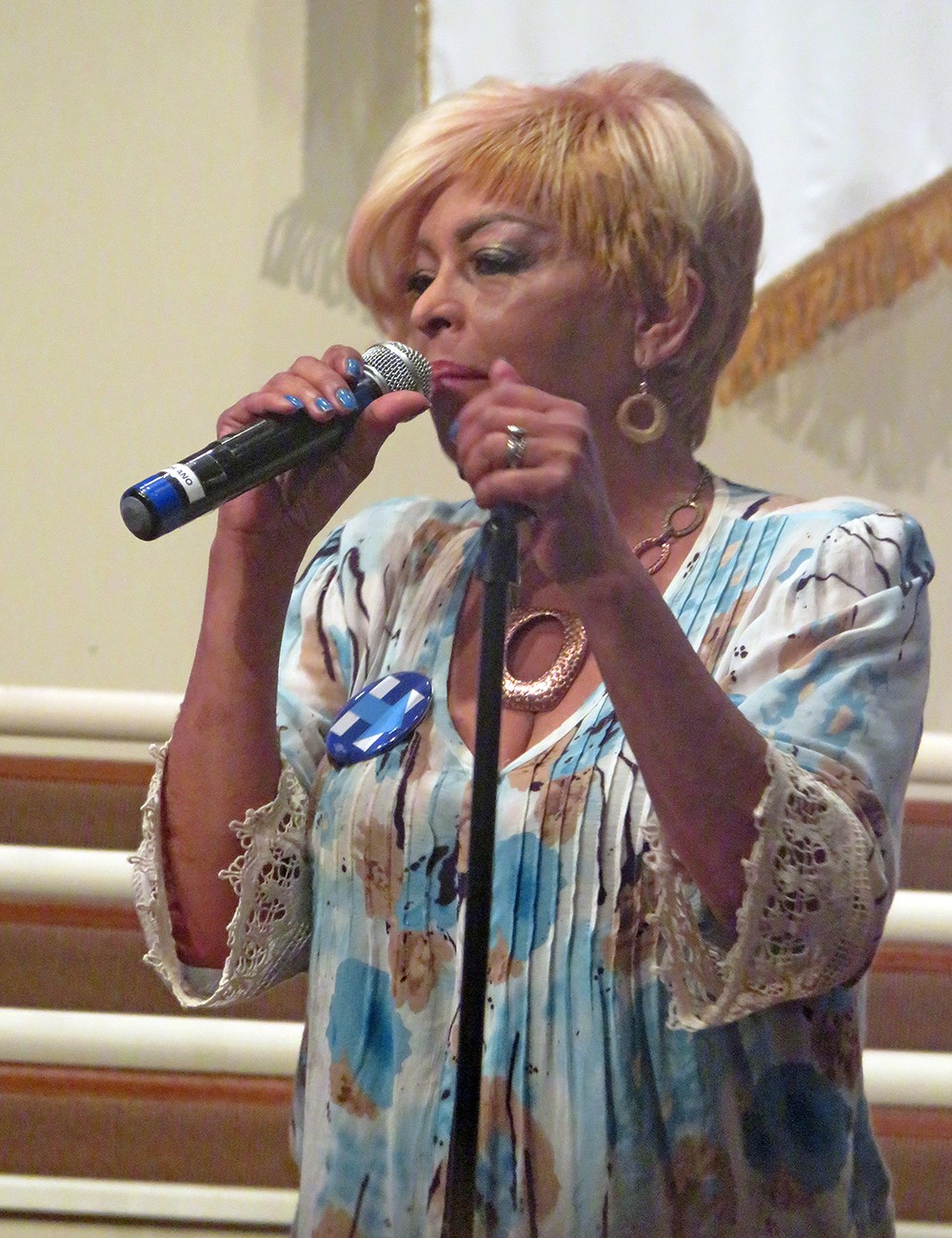 JB
JB 